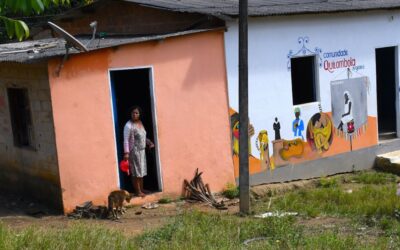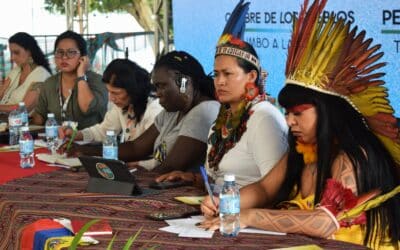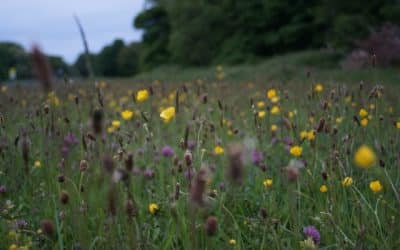GFC is pleased to announce the appointment of Mary Louise Malig as the coalition’s new policy director.
Mary Louise brings with her over 20 years of experience in forestry policy and advocacy, free trade, climate change, food and agriculture, forests, unsustainable livestock farming, the underlying causes of deforestation, the digital economy and systemic alternatives. She is taking up the baton from Wolfgang Kuhlmann, who is moving on this year to take up a new challenge.
We extend our sincere and deep gratitude to Wolfgang Kuhlmann for his tremendous contributions and unwavering dedication to GFC and its member organizations. We wish him the very best in his future endeavors. Looking ahead, we warmly welcome Mary Louise to her pivotal new role as policy director.
In solidarity, our collective struggle continues.
A message from GFC Policy Director Mary Louise
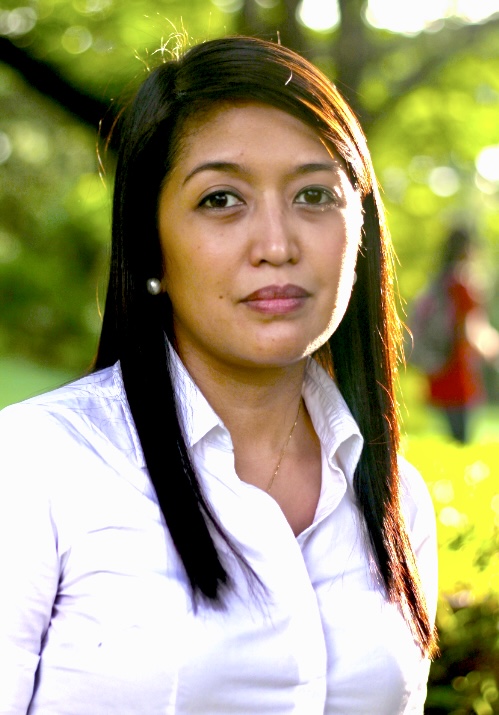
I believe that with unity, organization, and mobilization, there is hope for the future of our forests and humanity.
In 2023, global deforestation reached more than six million hectares, with primary tropical forest loss of more than four million hectares.
The main driver to address this current ecocide is to promote respect for the rights, territories, and traditional knowledge of Indigenous Peoples, local communities, and women; to build territories free of deforestation and extractivism; to deepen our alliances with other organizations, movements, and networks; and to change current national, regional, and global policies around forests, biodiversity, and climate change.
I believe that with unity, organization, and mobilization, there is hope for the future of our forests and humanity.”
About Mary Louise Malig
Mary Louise Malig has more than 20 years of experience working as a researcher, policy analyst, campaigner, organizer, and communicator. She has done in-depth research and written policy papers and publications on the issues of free trade, climate change, food and agriculture, forests, unsustainable livestock farming, the underlying causes of deforestation, the digital economy, and systemic alternatives. She also has outstanding organizational, communication, analytical, and strategy planning skills, as well as capacity for leading and being a team player, coordination, and coalition-building.
Mary Louise worked as Trade Campaign Coordinator of Focus on the Global South which also included being part of the coordination of the global coalition ‘Our World is Not for Sale’; and as staff in Asia for ‘La Via Campesina’, where she did both analytical and campaign work with the social movements in Asia.
She then joined the Global Forest Coalition as Campaigns and Communications Coordinator from 2015 to 2019. Afterwards, she worked as a freelance researcher, analyst, and writer, covering issues such as trade, systemic alternatives, climate change, and agriculture.
Her more recent publications include “Decoding the Digital Economy” and “The Amazing AI: At the Cost of Ethics, Theft, Racist Algorithms, Invasion of Privacy, and Violation of Rights. Systemic Reflections Series”, and an upcoming publication on Bioeconomy and the Amazon. She hails from the Philippines but currently resides in La Paz, Bolivia with her partner.
A message from outgoing director Wolfgang Kuhlmann
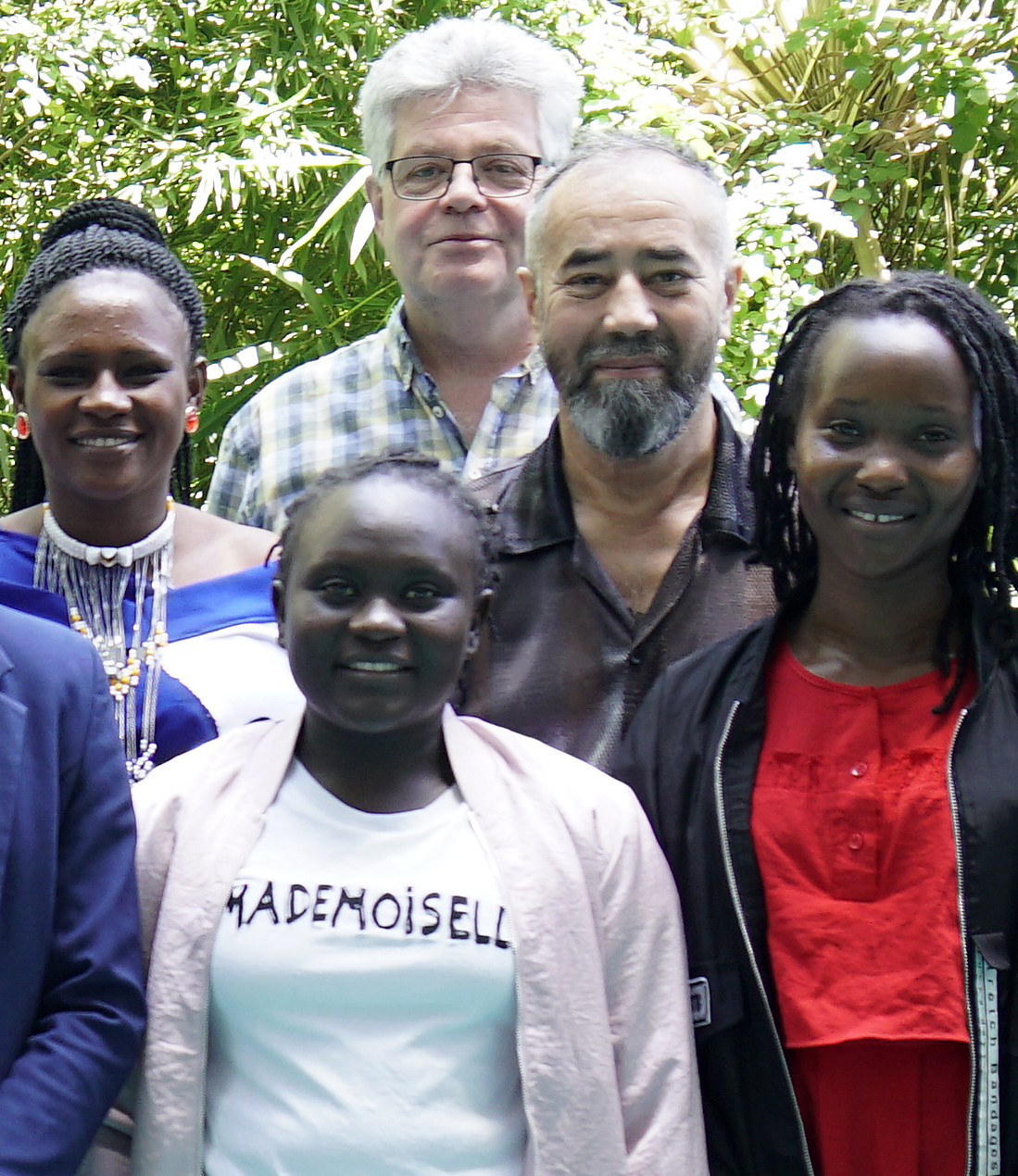
This is the basis for a truly informed consent and for the participation that is hailed in documents related to carbon credits, biodiversity offsets or the ‘taxonomy’ of green finance – to name but a few of the instruments of corporate greenwashing that put an additional burden on local communities.
Over the last year, Operations Director Janet Bastian and I put a lot of effort into consolidating GFC’s financial situation and building a sound basis for future work. We’re sure that all of the staff will do their best to support members and allies in making this world a better – and more just – place.”


